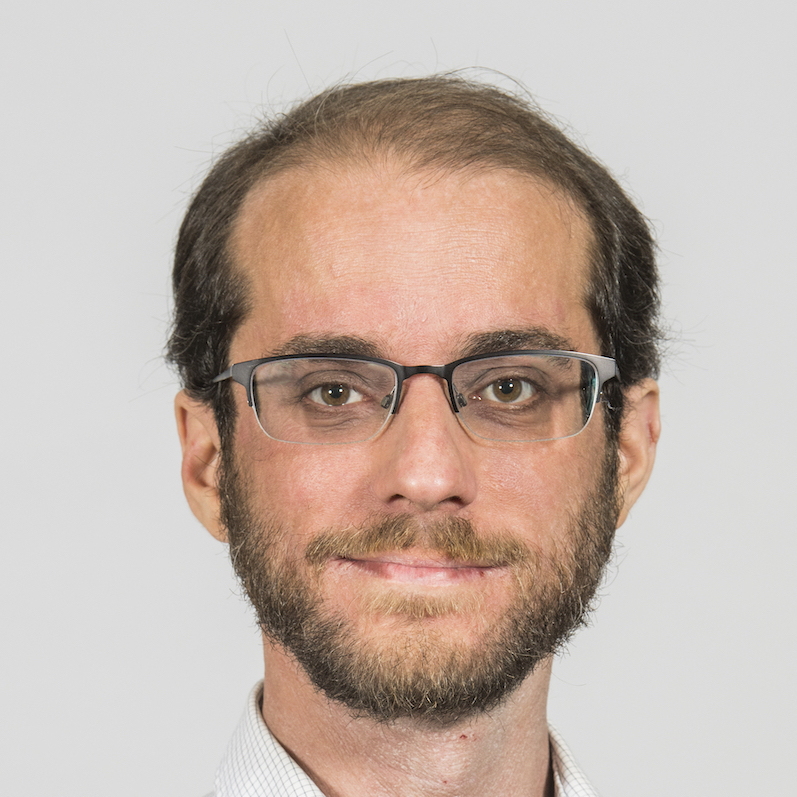Using Strongly-Typed Units in Digital Audio Software
API or math mistakes with units can cause problems ranging from a digital audio processing outputting silence to crashing your Mars rover—we’ll discuss real-life examples of both! There are efforts to solve these problems in the C++ standard library and open-source libraries that can be used today by audio developers.
The combination of user-defined types, conversion operators/constructors, and operator overloading in C++ give us the tools to use strong-types and avoid unit mistakes; std::chrono is a great example of this that everyone should be using. Unfortunately, when dealing with units beyond time many developers still use primitive types encoding units in variable names or comments.
This talk will provide an overview and update on progress of the proposed units library described in “P3045: Quantities and units library” which is currently going through standardization for C++29 and an update on progress. There will also be an introduction to mp-units, the open-source implementation of the proposed standard library features that you can use today.
To demonstrate how the proposed standard library can be extended to custom domains, extensions implementing various quantities and units used in digital audio / DSP that go beyond “physical” units. This will be code you can use today using mp-units and we are looking for industry experience and feedback!
We will close with a request for feedback and questions to see if these APIs will work for you.

Roth Michaels
Principal Software Engineer
Native Instruments
Roth Michaels is a Principal Software Engineer at Native Instruments, an industry leader in real-time audio software for music production and broadcast/film post-production. In his current role he is involved with software architecture and bringing together three merged engineering organizations and legacy codebases: Brainworx, iZotope, and Native Instruments. He also supports the Audio Research team to help accelerate moving research to productization and developing fast prototyping tools for product teams. Before merging with Native Instruments, when he joined iZotope, Roth was the lead library designer of a new internal cross-platform "Glass", part of which is now available as open-source. More recently in his former role as Mix/Master Software Architect, Roth helped develop the reference implementation to move iZotope's products to subscription and led the team that launched the company’s first SaaS offering for music producers. Roth studied music composition at Brandeis University and continued his studies in the Dartmouth Digital Musics program. Roth began his career in software development writing software for his own compositions, and the works of other composers and artists, and teaching MaxMSP to composers and musicians; both private instruction and designing university courses. Before joining iZotope, he was working as a consultant for small startups working on mobile applications specializing in location services and Bluetooth.